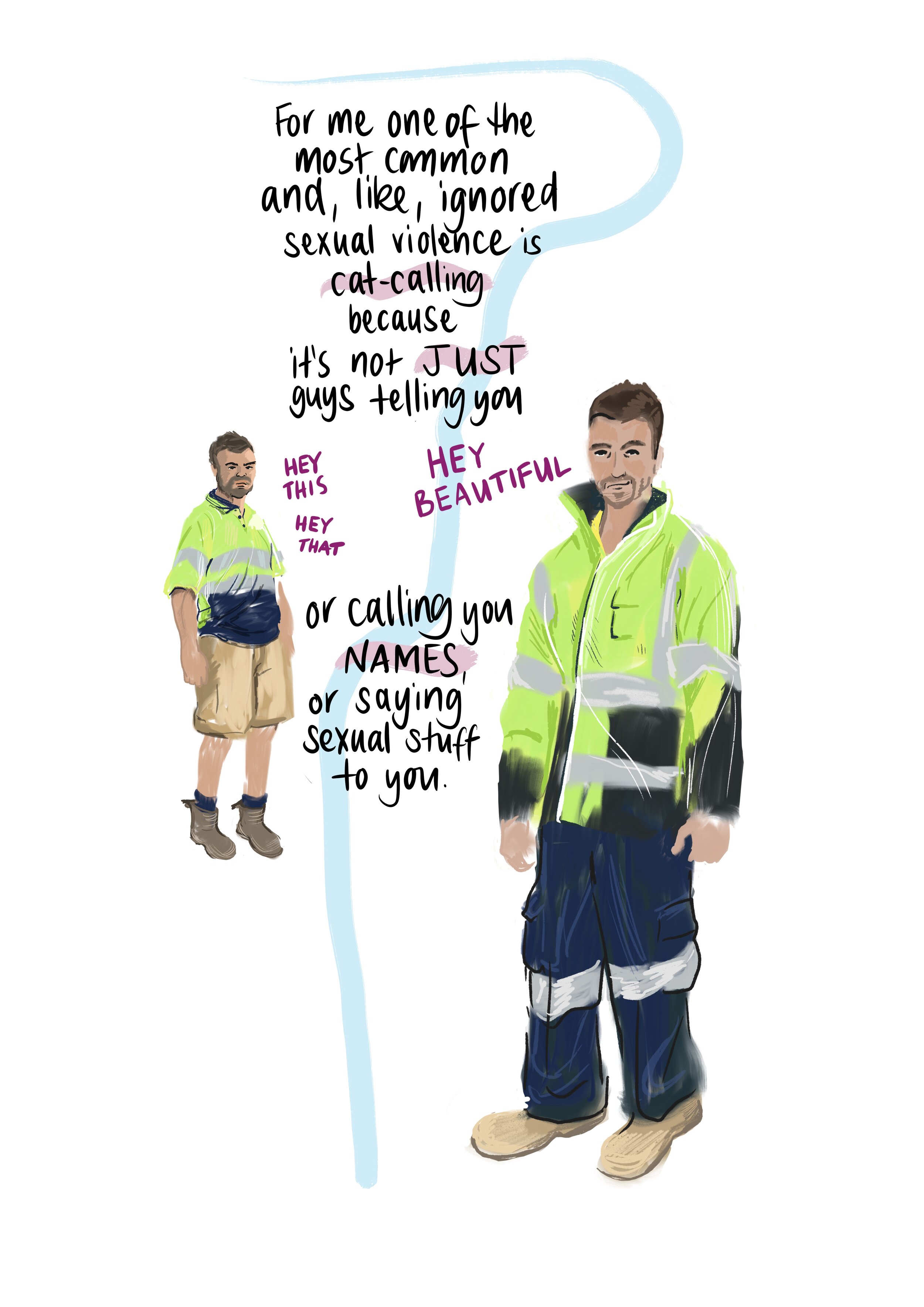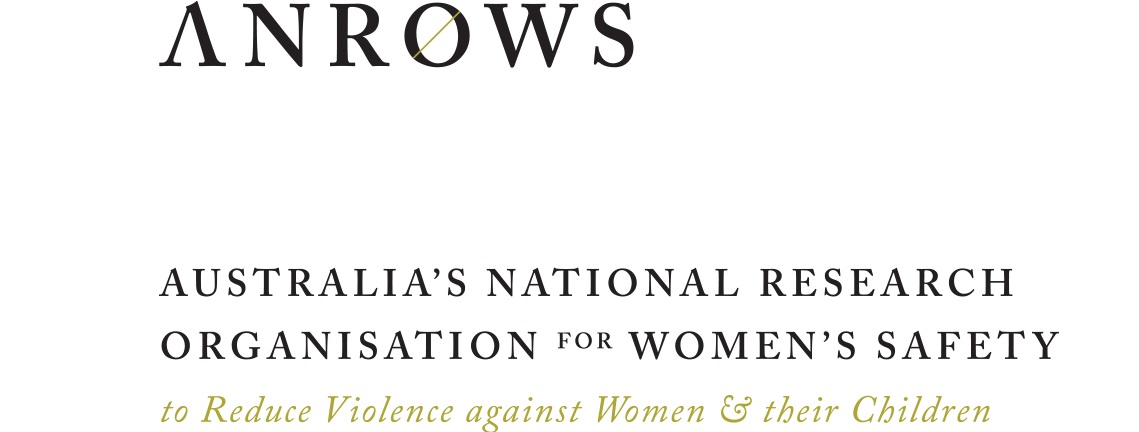The majority of women reported having made changes to their day-to-day lives as a result of experiencing sexual harassment or sexual assault. This included being hyper vigilant, avoiding men, avoiding sex and intimacy, avoiding going out in public, particularly at night, modifying appearance, and learning self-defence.
In our national survey, more than a quarter of transwomen of colour (28%) reported having experienced sexual assault more than ten times — double the rates of other women. Trans women were also more likely to experience frequent sexual harassment, and be assaulted by a stranger, compared to other women.
“A trans-chaser is someone who just goes after trans women and is not - he’s not accepting himself liking trans women so he does it in hiding”







